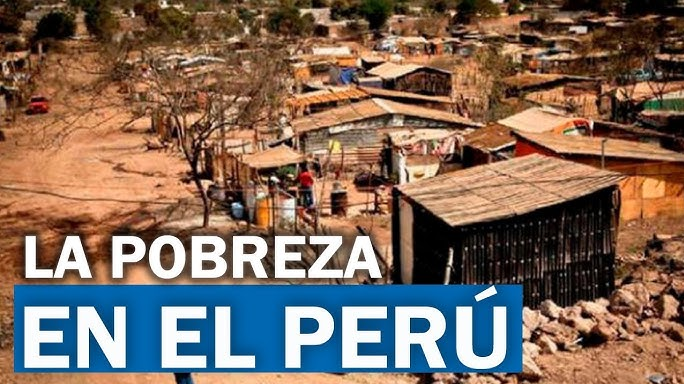
Poverty hits Peru
By: María Josefina Arce.
Under the mandate of the self-proclaimed president Dilma Boluarte, Peru has not managed to recover from the effects caused by the COVID 19 pandemic in various sectors, on the contrary, it has seen an increase in poverty and informal work, without social benefits such as retirement rights, health care and education.
A recent report by the OECD, Organization for Economic Cooperation and Development, indicates that 60% of Peruvians live in a household that depends exclusively on informal work, which exposes them to food insecurity.
This situation particularly affects children, the elderly, people with disabilities and those living in rural areas.
The statistics do not paint an encouraging picture. Last year alone, 29% of the population lived in poverty, an increase of 1.5% compared to 2022.
This means that almost 10 million Peruvians live in poverty, 600 thousand more than in 2022 and three million more than before the coronavirus pandemic.
The current executive has not given an effective response to the problem, which one would have expected to have received more attention, considering that Boluarte was Peru's Minister of Social Development and Inclusion from July 2021 to November 2022.
However, the government that emerged from the coup against Constitutional President Pedro Castillo in late 2022 has been mired in political instability and investigations of its members for corruption, including the president.
Boluarte has apparently been more concerned with the expensive gifts she receives, recall the Rolex watches, and avoiding prosecution for the repression of demonstrations protesting Castillo's ouster.
The president, who has a 92% disapproval rating, wants to remain in power until 2026, supported by the Peruvian right and ultra-right wing that dominates the Congress, which also does not approve projects that benefit the citizens.
Meanwhile, inequalities are growing in Peru and the gap between rich and poor is widening, while insecurity is increasing and the country is experiencing a difficult economic situation.

